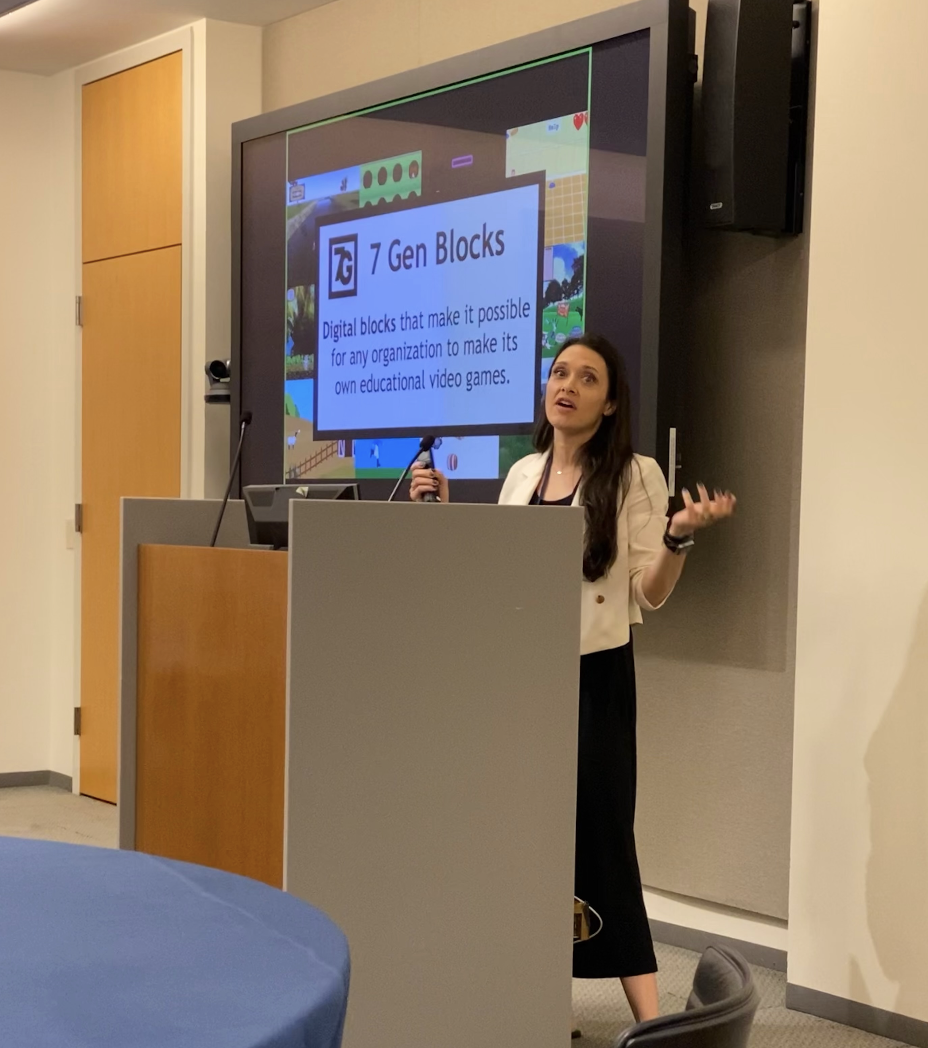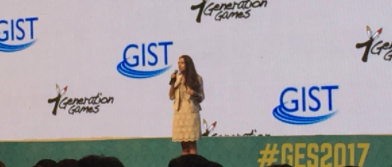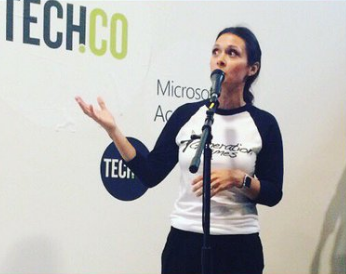If you read our blog, follow our social media, backed us on Kickstarter or subscribe to our newsletter, you may know by now that we are doing a community round as part of 7 Generation Games current fundraising round.
Now, when I mentioned doing a community round to people who work in the tech industry, more than once, I was cautioned by (well-meaning and not necessarily wrong) people that raising capital via crowd equity (which is what a community round is) could be viewed as a negative by some traditional investors. That it could be seen as a reflection of an inability to raise capital from traditional venture investors, which is typically viewed as more “reputable.” And I’m not going to pretend that for some investors – especially some very traditional, looking for the next unicorn, Silicon Valley mentality – that is probably true. However, those investors were never going to invest in us in the first place.
It reminds me of the “Dr. Seuss” quote:
“Those who mind don’t matter and those who matter don’t mind.”
Dr. Seuss (or at least often attributed to him, as you will find yourself falling into a Google rabbit hole to try and investigate.)
Those who mind don’t matter.
For those investors who are going to look at a community round as a negative, we don’t – and we likely never will – fit their mold as far as what a tech company should look like or be doing or creating. They were never going to fund us anyway. Trust me, I have heard seven years of reasons why at this point as the bar has continued to move each time we meet it.



From “your user numbers aren’t high enough, we don’t invest in anything with under 100K users” to “it took you too long to get those 100K users.”
From “your revenue isn’t high enough” to “your revenue is impressive, but your revenue streams aren’t diversified enough.”
From “selling into schools isn’t a market we want to go after” to “your B2B model is interesting but unproven” to “you’ve proven and replicated a B2B model but not enough times.”
And let’s not pretend this is universally applied. There are companies that are getting millions from many of these same investors that are operating in “stealth mode” – otherwise known as haven’t even launched a product. These investors are funding companies that aren’t generating revenue at all – and certainly are not at our approaching breakeven like we have been. (And I read the industry news, so I also know many of those “much more promising” companies have crashed and burned or maybe even worse just kinda sputtered, as we’ve continued to grow.)
So when it comes to this type of investor, they very well might look down on us for doing a community round, but I don’t mind because to me they don’t matter.
Those who matter don’t mind.
That said, we didn’t just decide one day to raise via a community round without consulting those who do matter to us as a company. I asked our current investors and a few (hopefully) future investors, who understand our vision and the transformative potential of what we’re building. And they all said go for it. That to them, our ability to raise capital, through whatever means, would be a plus, because it shows our ability to raise capital. And it also would enable us to both continue to build as well as find new ways to leverage an engaged community of investors around us.
We decided to do a community round for a number of reasons. But we were under no illusions that it would be easy – that we’d just drop a few tweets about the campaign and our financial future would be fulfilled. Having done three Kickstarter campaigns, we knew a community round would be that much work exponentially. As much as startup world folks want to throw around how easy raising a few hundred thousand or million dollars is – it’s not. It’s really hard, whether it’s from traditional accredited investors or community round investors.
But we decided that a community round – where for the record, accredited investors can invest as well – was going to be the route for us. It allows us to have a lower investment threshold. In our previous fundraising round the minimum was $20K. With a community round, it’s $100 minimum. Those smaller amounts might be a little easier to get, but then you need a lot more of them.
And the thing is, as CEO of 7 Generation Games, I feel the same tremendous sense of accountability and responsibility to every investor, whether they’re putting in $100,000 or $100 – and that is a commitment to proving that that investment was worthwhile. That they were not wrong to believe in us. To do everything I can to make 7 Generation Games a success.
I don’t mind what those who don’t matter think – but for those who do believe in us enough to invest, those are the folks who matter to me.
If you want to invest in 7 Generation Games, you can join our WeFunder!

